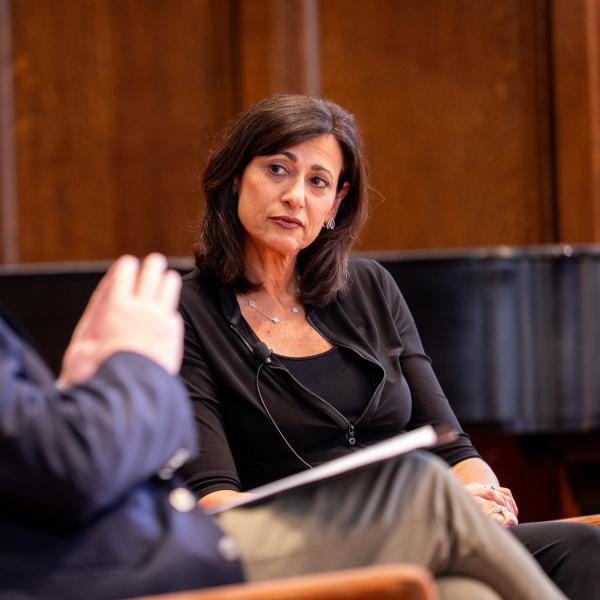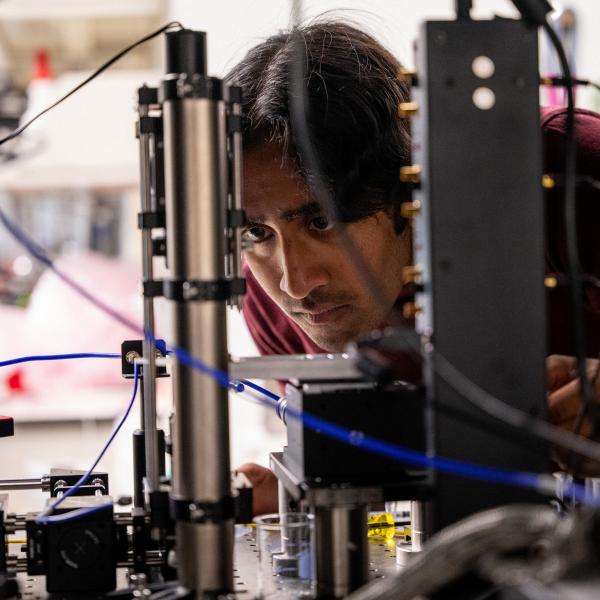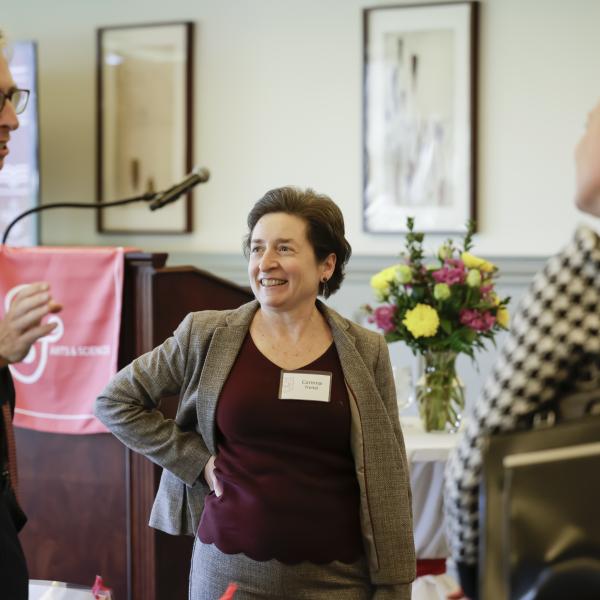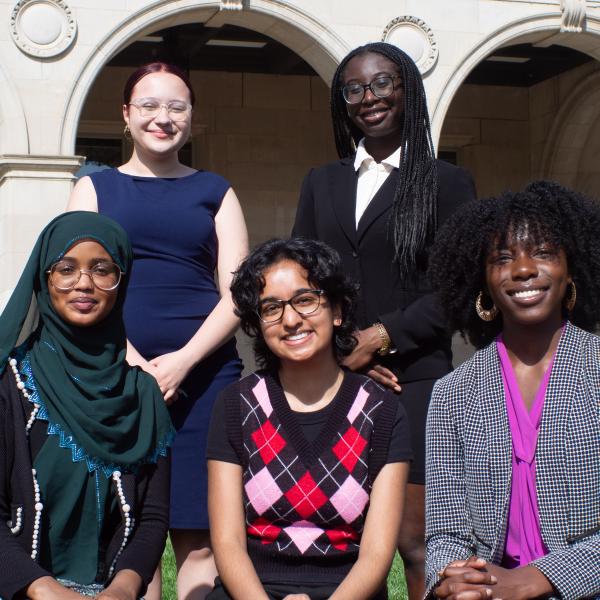"The inability to convict cops, even in cases bolstered, like Tensing's, with video evidence, is most often tied to racial and police biases.
"Do you trust the police? What kind of interactions have you had with police? Is there a racial difference in how your community views police?" are among the relevant attitudes and experiences that jurors have, said Calvin Lai, one of the world's leading experts on implicit bias.
Lai, an assistant professor of psychological and brain sciences at Washington University in St. Louis, said unconscious bias can cause jurors to trust a police officer or other witnesses more or less than others.
"The idea that we can judge something in a vacuum is not true," he said. "There is always some degree of interpretation."
Juries often do not represent the racial demographics of a community — a "jury of their peers" — because of how courts form their jury pools. There's an effort to change that by expanding the sources of potential jurors in a few states, including Ohio, where only logs of registered voters are now used.
Another challenge, some legal scholars say, is that the threshold to convict anyone of murder is high and requires agreement with all points in a case. Then jurors are subject to the instructions of judges, who control what evidence can be admissible in a trial."



